Arizona rampage hits home for Swiss
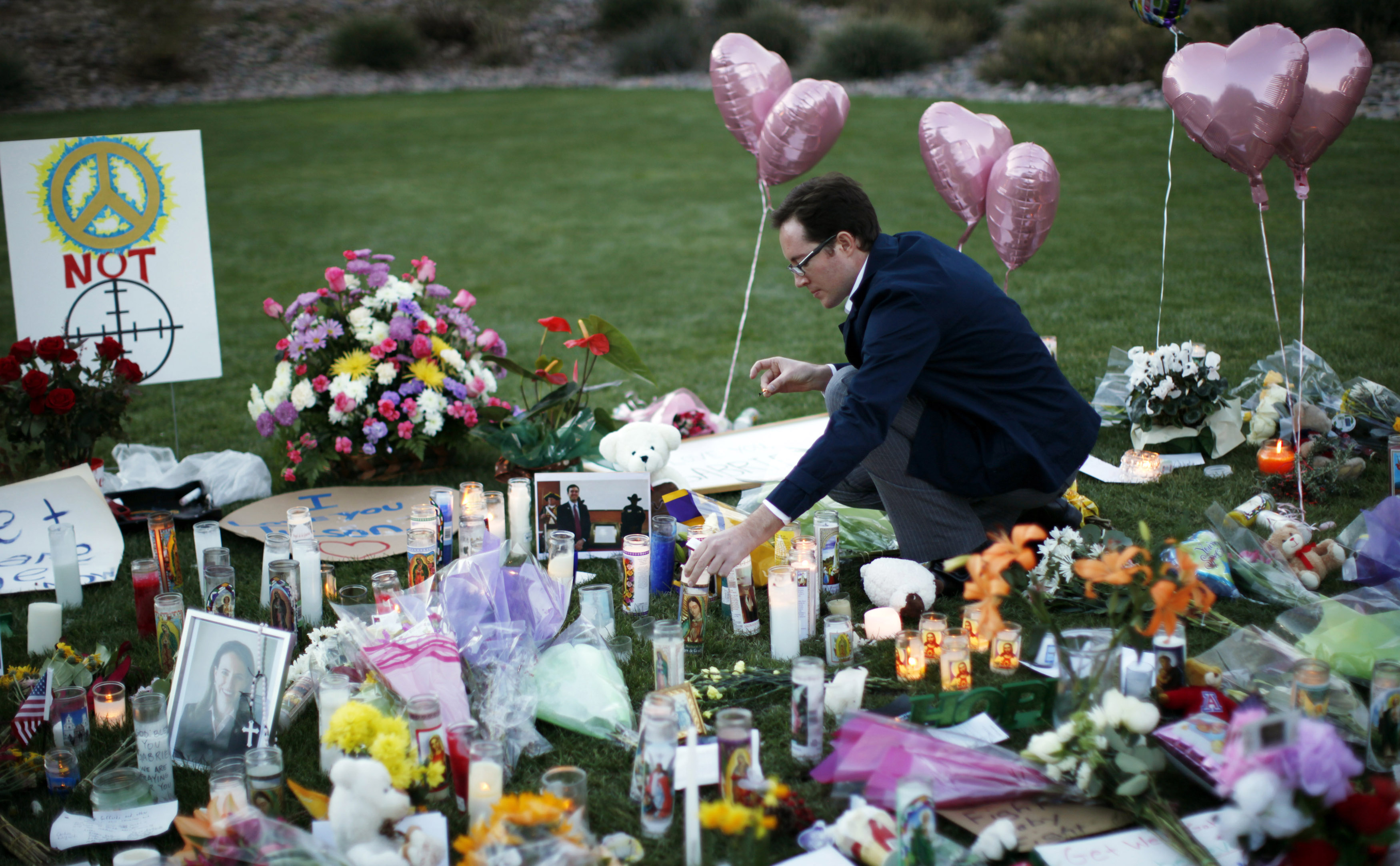
The attack that targeted a United States Congresswoman at a political gathering on Saturday has reminded the Swiss of an attack on Zug politicians in 2001.
“Such events always bring back memories,” said Hanspeter Uster who survived, with a bullet in his lungs, the shooting spree in Zug’s parliament that killed 14 people.
Swiss media on Monday expounded on the rampage in Tucson, Arizona, that left six dead and at least 13 wounded, some critically, including Representative Gabrielle Giffords who was shot in the head.
“Deadly consequences in a poisoned climate,” “America reflects on the killings,” “America groggy after the massacre” were some of the headlines in Monday’s press.
The suspect, a 22-year-old man, appeared in a federal court on Monday facing charges of attempted murder and murder, crimes that could carry the death penalty. He is being held without bail.
The dead include a federal judge, an aide to Giffords, a nine-year-old girl, and two women and a man in their seventies.
FBI Director Robert Mueller told a news conference in the southern Arizona city that it was too early to say what had motivated the attacker.
But some, like Uster, say violent talk in political discourse should take some of the blame. “Political word choice demands great care,” he told swissinfo.ch.
No surprise
Daniel Warner agrees. The former director of the Geneva-based Centre for International Governance at the Graduate Institute of International and Development Studies said the shooting was not entirely unexpected.
“We absolutely need to ask why there haven’t been more violent incidents before,” he told swissinfo.ch.
Sarah Palin, the outspoken Alaskan conservative, has been taking much of the heat for her use of violent metaphors. Republicans say such attacks are unfair.
But Warner, an American who is close to Democrats, noted Palin had posted a “target list” with gunsight crosshair images of Democrats she wanted unseated at the next mid-term elections. Giffords was one of them.
Last March, following the passage of a health care reform bill that Palin and many other conservatives vehemently opposed, Palin tweeted, “Don’t retreat, Instead – RELOAD!” She later said that was not a call for violence.
Following Saturday’s shooting Palin offered her “sincere condolences” to the victims.
Not enough
That’s not enough, said Warner, adding that war-like talk among politicians in the US and rightwing parties in Switzerland feed off frustration, a fear of foreigners and emotions, he said, which is worrying.
“The gunman is said to be mentally ill and with someone like that, it isn’t surprising in a state with a lot of guns that this very threatening language could provoke this kind of tragedy,” Warner said. “Even if the assassin isn’t on their mailing lists, and even if he’s disturbed, the Tea Party is responsible. They can’t say it was an isolated act of a single deranged individual.”
Ed Flaherty, of Republicans Abroad in Switzerland and a Geneva-based lawyer, said he is “sickened” by the events but trying to put blame for what happened on conservatives is an “outrage”.
“I take great issue with those who say this is Palin’s fault, or the Tea Party’s fault,” Flaherty told swissinfo.ch. “It’s cheap political theatre. Many on either side have used heated political rhetoric. Our first amendment protects that.”
Zug attack
Although violent crime is extremely rare in Switzerland compared with the United States, the Swiss are not immune to attacks against politicians.
In September 2001 a 57-year-old man angry at the government walked into a cantonal parliament chamber in Zug disguised as a police officer with pistols and a rifle. He opened fire and set off an explosive device before killing himself. Fourteen people died. Eighteen were wounded, including Uster, who was a cantonal security director at the time.
Afterwards many Swiss wondered whether the tradition of free access for citizens to lawmakers and political leaders would start to crumble.
While democracies will always wrestle with the perils of an open society, Flaherty argues that it would be wrong to draw too many lessons from Swiss political discourse, which tends to be tame, and US political discourse, which can get “heated”.
“The Swiss, and many European countries for that matter, don’t have a first amendment,” he said. “You can’t scream ‘fire!’ in a theatre but you are free to speak your mind. In Europe, hate speech is a crime. You can go to jail for that. I don’t want that in America.”
Gabrielle Dee Giffords, 40, was elected in November 2010 for the third time to the United States House of Representatives from southern Arizona, a traditionally conservative state. She ran against a Tea Party candidate and won with 49% of the vote in a three-way race. Representatives are elected every two years.
As a Democrat, Giffords supported President Barack Obama’s health care reform bill, which angered many on the right and brought her into the “crosshairs” of conservatives like Sarah Palin.
Giffords is pro-choice, pro-gun rights and has worked to improve security along Arizona’s border with Mexico. She has served on the House Armed Services Committee and promotes an agenda of energy independence for the US.
She is Jewish, married to a Nasa astronaut and is a cousin to actress Gwyneth Paltrow.
(With input from Isabelle Eichenberger and Renat Kuenzi)

In compliance with the JTI standards
More: SWI swissinfo.ch certified by the Journalism Trust Initiative
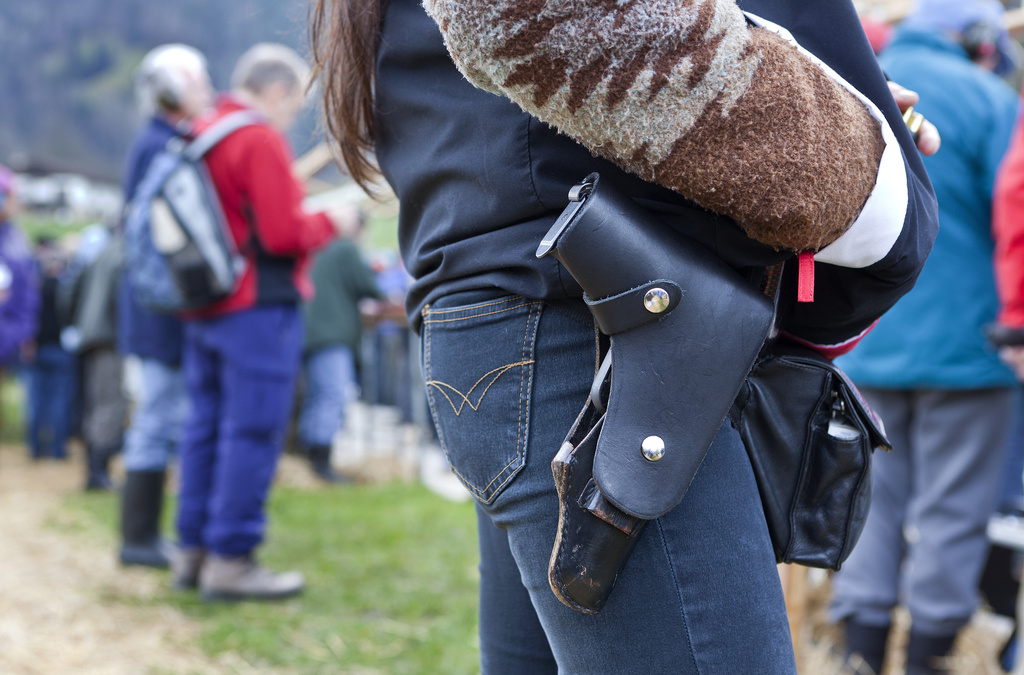
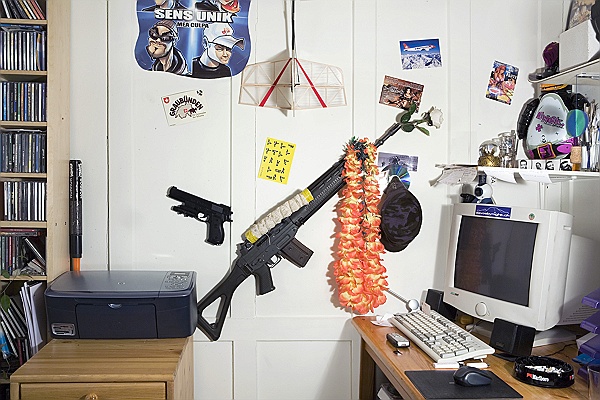
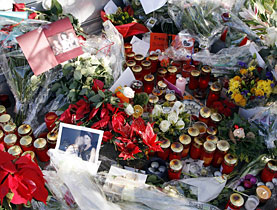
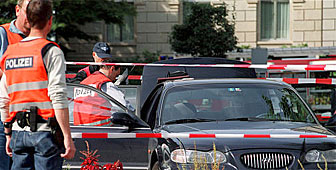

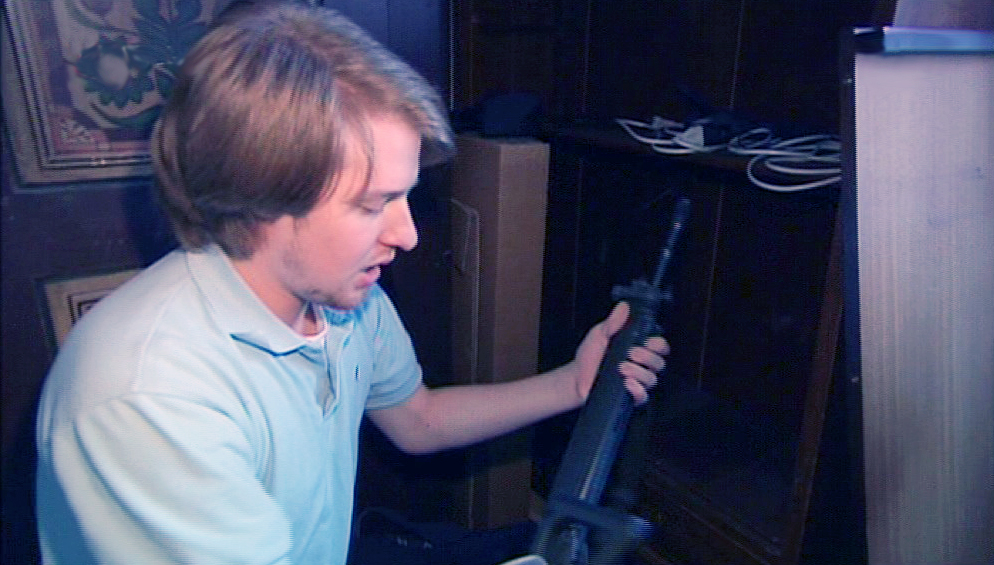
You can find an overview of ongoing debates with our journalists here . Please join us!
If you want to start a conversation about a topic raised in this article or want to report factual errors, email us at english@swissinfo.ch.